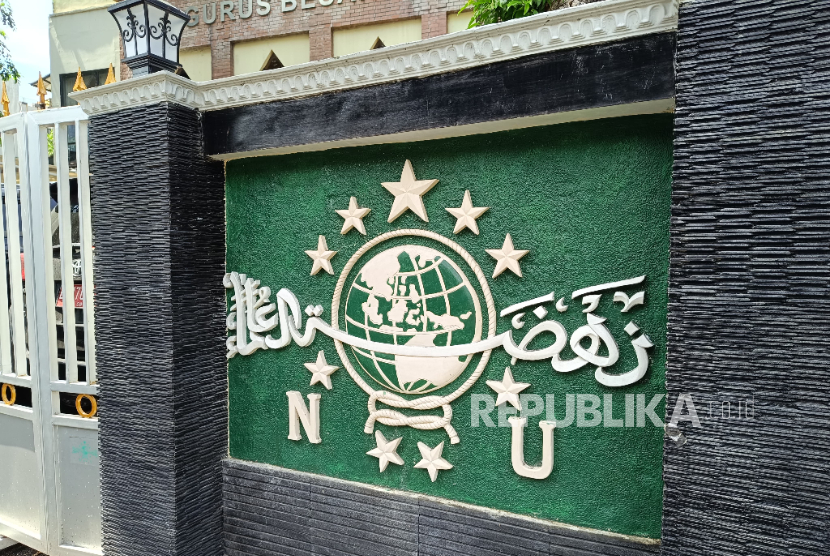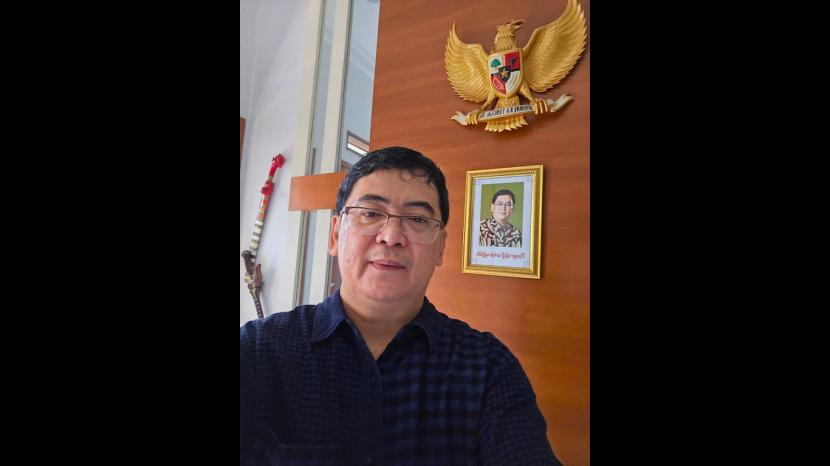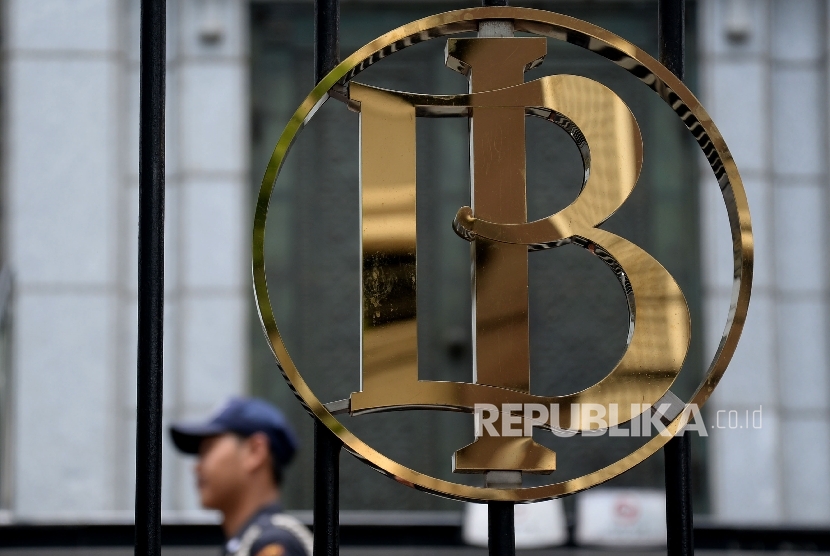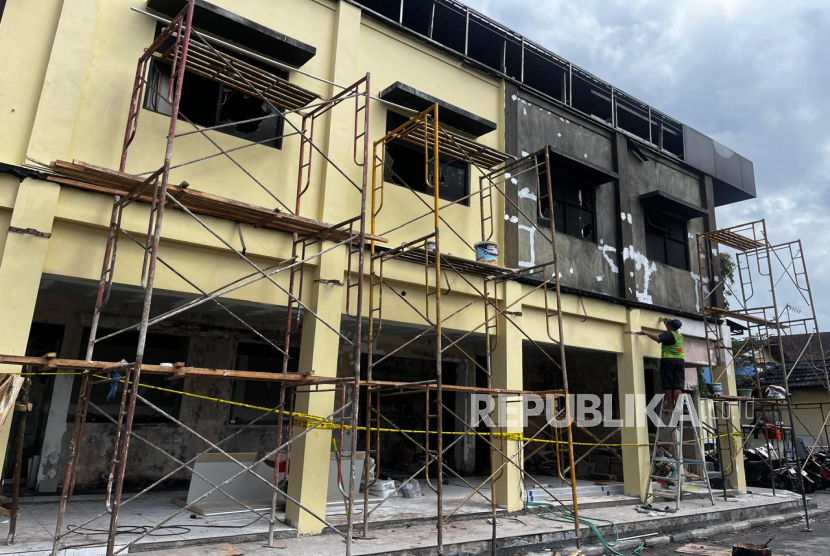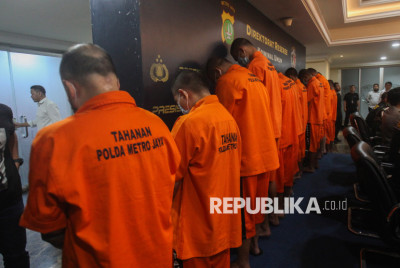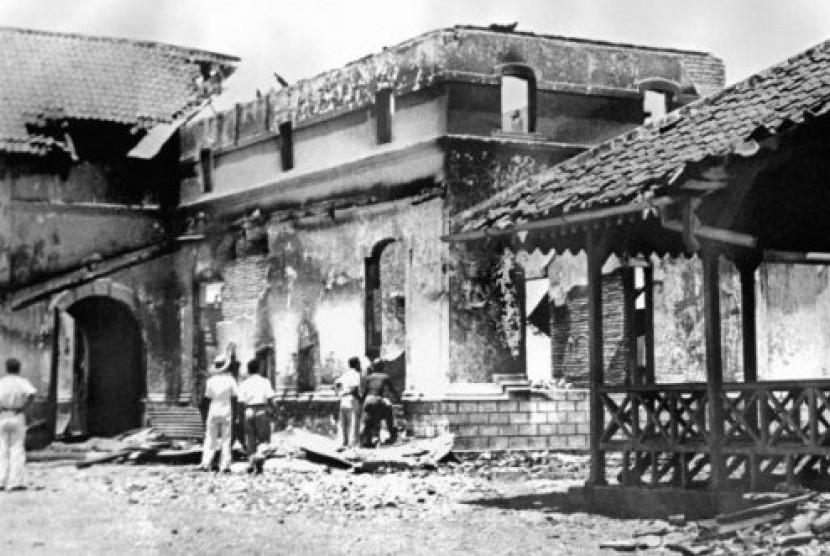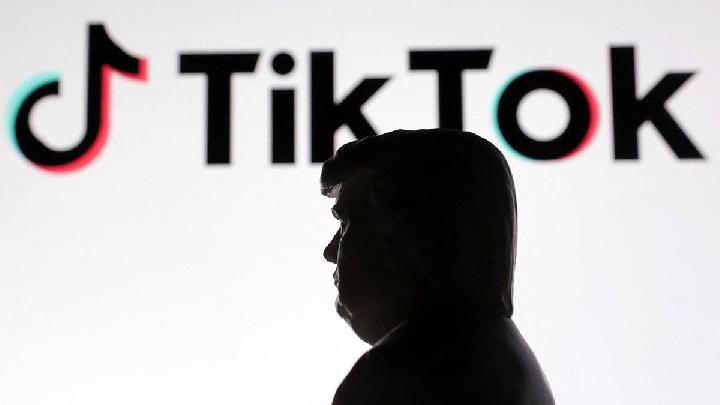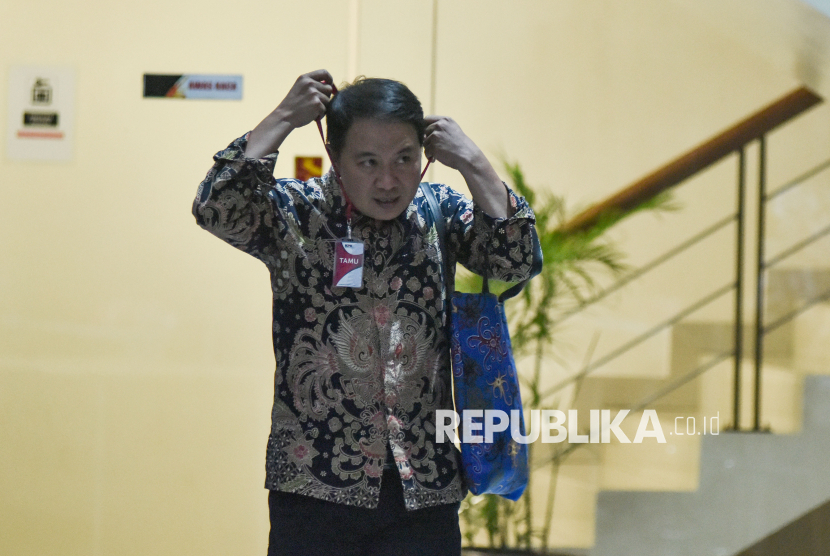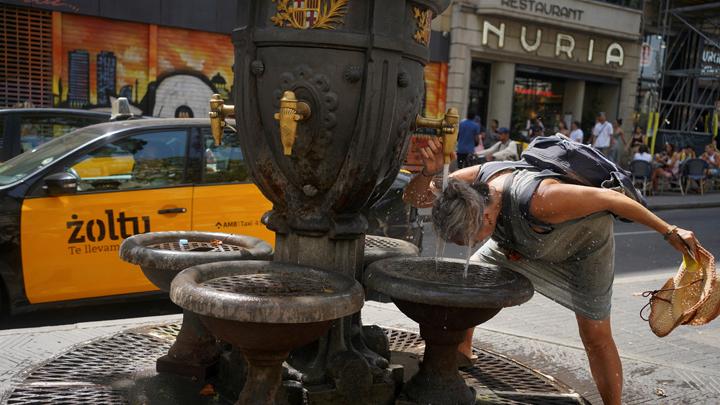By Purwanto Setiadi, Co-founder of CommsLab, a communication ecosystem strategist on sustainable future.
There is a story about a bicycle that’s inextricably linked to the image of Mohammad Hatta. This European-style bicycle, common during the colonial era, was never a status symbol in his hands. For Hatta--who later became Indonesia’s first vice president--it represented his conscious choice to live modestly, to serve without excess.
Now, entering the 80th year of the republic, such stories have become almost mythical. Our bureaucracy no longer serves the public, but it has become a marketplace of interests. Honest officials, like rare birds, survive only in small pockets—unprotected, uncelebrated, and prone to facing difficult lives inflicted upon them by the powers that be.
The question that arises, and continues to plague sane minds, is how did we get into a situation where the bureaucracy shifted from serving the public to serving itself?
At the beginning of this republic, the spirit inherent in the nation’s founders, as well as those who became leaders, was integrity, dedication, and sacrifice. Sukarno, Hatta, Sjahrir, and others. There were also lesser-known figures. They saw office as a moral calling, not a career opportunity, let alone a means of personal enrichment.
Simple living was commonplace at the time. Take Agus Salim, for example. This accomplished diplomat, who at one time served as Minister of Foreign Affairs during the revolution, was almost unparalleled: when he died, his residence was a small, rented house in a narrow alley. This house was bought only after his death, through the joint contributions of his children.
That ethical compass appears to be slowly disappearing. The state apparatus has expanded, and political interests have grown deeply entrenched.
The 1998 reforms were meant to break this cycle. Yet, more than two decades later, the promise of reform has withered.
Corruption, nepotism, and transactional politics have become normalized, eroding the very meaning of public service.
Official efforts to stop this decay—social, political, and legal—are nowhere to be seen. The recently retired president will likely be remembered not for strengthening reform, but for steering the nation back toward the pre-reform era—perhaps even worse.
In this regressive turn, it is hard not to see that the law itself has increasingly become an instrument of power. Those who choose to stand against it, becoming opponents, often find themselves confronted by law enforcement officials on trumped-up charges—criminalizations that appear under the guise of legality. Regulations are now drafted pro forma, merely to legitimize policies that support rent-seeking and protect a narrow circle of elites.
What’s sad is the growing cynicism: honesty is now seen as naive, and integrity as a career risk. As a result, public trust is like a shoreline slowly disappearing under the waves. Those who still try to serve with sincerity find themselves increasingly demoralized, stranded between their conscience and a system that no longer rewards it.
This moral erosion did not happen overnight; it is the product of a system that no longer recompenses integrity but punishes it.
Beneath this moral decadence lies something deeper: a web of structural factors that has enabled, even rewarded, the very behavior that corrodes public service. Patronage networks, the politicization of bureaucracy, and the erosion of institutional safeguards have all contributed to this decline. In these conditions, achievement is no longer the basis for career development, and incentives for competence and integrity are less important than loyalty. A culture of “playing it safe” rather than “doing the right thing” thrives.
It is not surprising that corruption is considered a common practice—a mental attitude even arises that justifies the view “if you can [corrupt], I should be able to too.”
Yet history shows that decay, once named honestly, can still be reversed. The opportunity to fix this mess is not completely closed. This is what must be seized to prevent this country from not only becoming even more battered by its bureaucracy losing its integrity entirely, but also from its democracy collapsing.
Therefore, structural reform and a cultural reset are necessary. The implementation of transparency, meritocracy, and protective mechanisms, as well as moral role models, civic education, and public recognition for those who uphold integrity, are imperative.
But who should lead this reset? The answer cannot rest solely with the political elite—many of whom are products, not challengers, of this broken order. The first move must come from within the bureaucracy itself: reform-minded officials, especially at the local level, who still uphold the spirit of public service.
They, of course, cannot do it alone. Civil society, academics, independent media, and citizens must be their allies—creating public demand for integrity and offering protection for those who dare to act on it. Without such shared leadership, reform will be mere rhetoric, not renewal.
If we look closely, we can find local leaders and many civil servants who still give reason for hope. They are the ones who are quietly working to realize the ideals of independence: that this republic exists to serve its people, not exploit them.
As Indonesia recently celebrated 80 years of independence, perhaps the true measure of our freedom is not how many laws we pass, but how many honest officials we protect. If our founding fathers risked their lives to liberate the nation, today we must at least risk our comfort to preserve integrity in public service. Because a republic without integrity is no longer a republic—it is simply a corporation.
*) DISCLAIMER
Articles published in the “Your Views & Stories” section of en.tempo.co website are personal opinions written by third parties, and cannot be related or attributed to en.tempo.co’s official stance.

